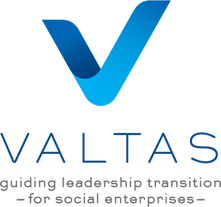THE LATEST FROM VALTASNews, updates, and stories to keep you in the know.
|
If you are one of the few who know what it covers and how it works, I applaud you. Even the insurance carriers need over 90 pages to explain what it covers. Don’t feel bad if the answer doesn’t roll off the tip of your tongue. With the growing whispers of a potential slow-down in the economy on the horizon, I would like to think that after a decade of strong performance, all of these mergers, acquisitions, quick decisions to seize a seemingly great opportunity or the potential to have to scale back in the months ahead, we’re entering D&O season. The carriers will start to ask more questions and request more information. They may demand several years of financials before your renewal when they’ve never asked for them before, and prices will start to creep up at a faster rate despite your perfect performance. If you haven’t taken the time over the last few years to dive deeper and confirm you have the coverage beyond what you saw printed on your renewal summary, it is time to take it a step further. (Actually, you are late.) Roughly one-fifth of all domestic corporations are filed as non-profits, and most directors and officers lack the experience their secular counterparts can afford to employ. Most non-profits struggle to fill board seats and are happy when they find a reasonable personality that can make it to most of the meetings, fill a table at the annual luncheon and help the development team with an introduction or two along the way. As a result of “speed recruiting” to fill board seats, verifying that new board members have enough knowledge about legal duties or responsibilities is often missed. Most boards are stumbling through Roberts Rules, prone to a misstep in the due diligence process and meeting minutes often come back late and lacking much of the valuable discussion notes that may later help defend the board in a suit. Today we will review three important questions: 1. What is D&O insurance, and how do I answer the question if asked? “D&O insurance protects our company if we make a make a mistake, like an oversight or lack of due diligence, if we mismanage funds or assets, fail to provide our core services and it even protects us if we make a false or misleading statement, mistakenly, of course.” Although not all-encompassing, this answer works for most of the conversations you may find yourself in until you have a claim. Then the only answer is for what the policy specifically says you have coverage for. Massnonprofit News states that D&O insurance covers, “Any actual or alleged act or omission, error, misstatement, misleading statement, neglect or breach of duty by an insured person in the discharge of his/her duties.” It covers a lot more and can also, of course, be taken away as well. We could continue (for about 90 pages to be exact), but the reality is that every claim is unique, and the coverage interpretation must be paired to an exact circumstance that produced the claim. To get more specific than this is a poor use of your time. 2. Do I have enough coverage? No. If you want more information on why the answer is no, do a simple internet search. Claim trends are showing a fairly drastic increase in severity over the past 36 months, a proliferation of legal action against corporate officers resulting from class-action suits is spreading in particular along our coasts, individual net worth is likely at a peak (remember directors can be personally exposed), and social trending has now placed a value on feelings that have in several circumstances been found to be legally compensable. That acquisition you made a year ago may have a few skeletons in the closet that probably should have been discovered before you agreed to take the liabilities along with the asset purchase. Where most non-profits have been adequately covered for years with a $1M D&O policy, that number is now low and, at minimum, should not be shared with any other coverage on the policy. (i.e., Often, D&O, Employment Practices and Fiduciary coverages are all lumped together under a single limit.) 3. Is my policy tailored, or is it just the canned version? Most people who are tasked with purchasing D&O Insurance are not aware that coverage can be modified to fit their organization or at minimum, can have exclusions partially modified to broaden coverage drastically. D&O policies typically contain an array of exclusions that benefit and protect the insurance carrier and, in most cases, are fair, at least by intent. The problem is that exclusions are typically worded in the absolute language (underlined below) which has caused companies like yours a lot of problems over the years. Here is a standard example of the absolute language I am referring to that you will immediately find under the exclusions section of your D&O policy:
The professional services exclusion precludes coverage for loss arising out of the performance of professional services which is standard for a D&O policy and should be covered on a separate professional form. Problems arise in the way this exclusion is interpreted, particularly for services companies (which include most non-profits), given that just about anything the non-profit might do will arise out of or involve in some way the delivery of professional services. A modified policy will likely use the word “for” to fix this issue. When done correctly, the policy should now read,
See how much better that reads? That is about four times the coverage by just amending a few words. The good news is that it is relatively easy to do, and most carriers are willing to amend their form and modify their exclusions, for no additional charge. However, because few brokers specialize in this segment of insurance, we estimate that less than 2% of non-profits currently use a modified form. Don’t expect the carrier to do this for you mid-term. If you call them tomorrow and ask for the change, they won’t drop everything and amend their contract. You will want to approach this strategically, and it is best if you work with a non-profit D&O specialist to maximize the results. I want to extend a special thank you if you are financially stewarding our non-profit organizations and good luck as we enter the D&O insurance season! About the Author Paul is the former regional manager of Philadelphia Insurance Companies, the largest insurance provider to non-profits nationally. He co-leads the Human Service/Non-Profit Division for The Partners Group and is currently board chair of Alpha Supported Living Services, the state’s largest non-profit supported living organization providing specialized daily living services to the developmentally disabled.
For more information you can reach Paul at 425-467-3170 [email protected] 10/7/2019 12:19:50 pm
Very helpful! That change in preposition changes everything! 10/8/2019 06:59:35 am
Paul, Very informative! A topic we always cover at our 'Roles and Responsibilities of Serving on a Nonprofit Board' workshop. 2/19/2020 11:54:25 pm
Good Stuff!! Thanks for sharing this kind of useful information. I really appreciate your overview. Comments are closed.
|
THE LATEST FROM VALTAS
You are welcome to subscribe to get the latest news, updates and insights from our team. Subscribe:Ask Valtas!Categories
All
Archives
July 2024
|


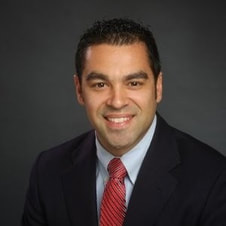
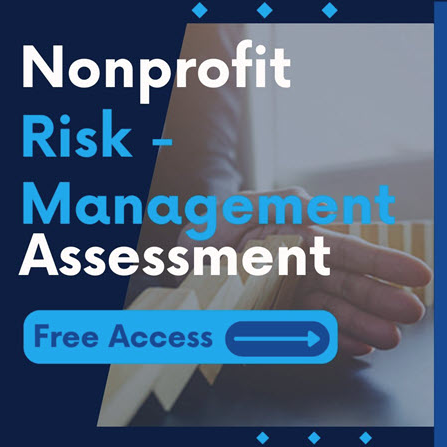
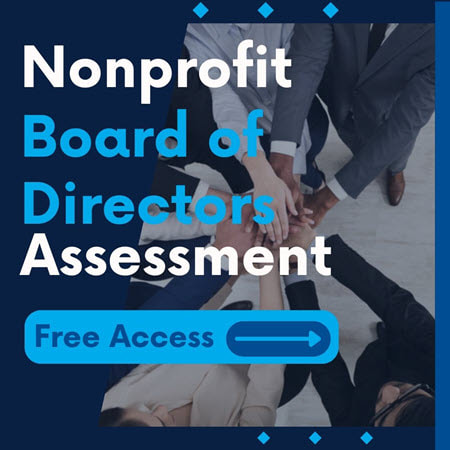
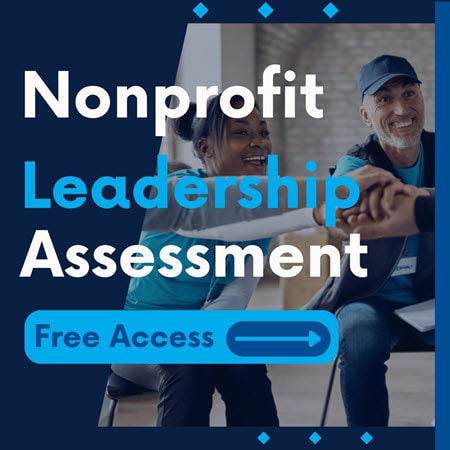
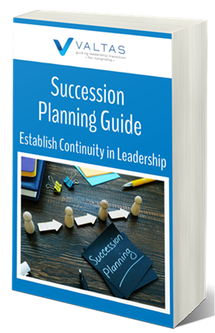
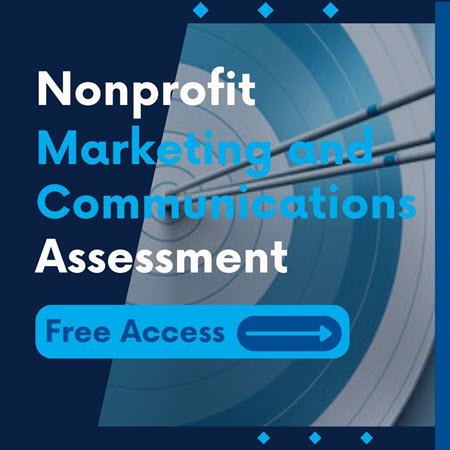
 RSS Feed
RSS Feed
